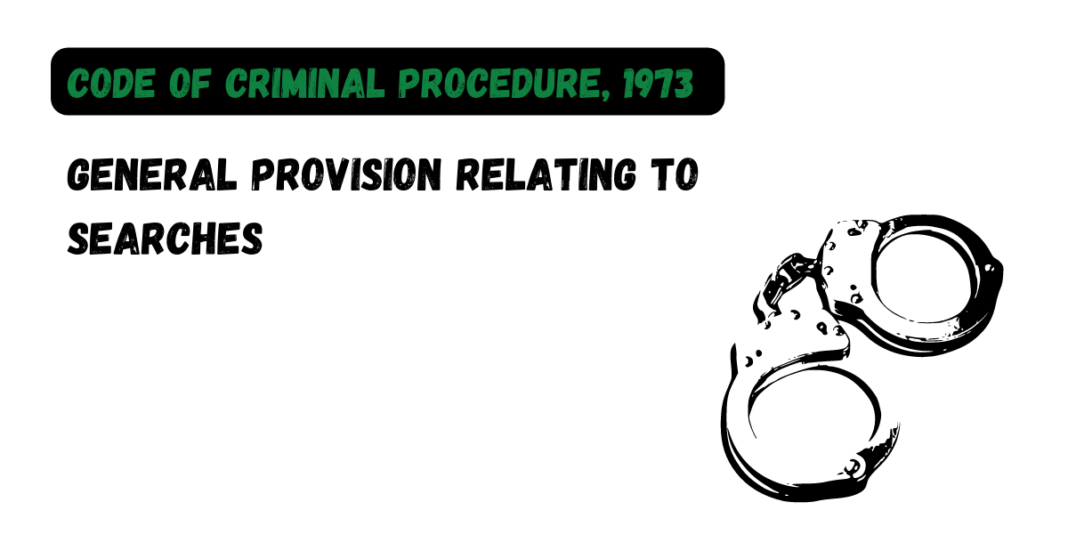Under the Code of Criminal Procedure (CrPC), searches are an important tool for law enforcement agencies to gather evidence in criminal cases.
General Provisions relating to Searches under the CrPC:
- Conduct of search: The police conducting the search must conduct themselves in a reasonable and non-invasive manner. They must avoid causing any unnecessary damage to the property being searched.
- Search of women: A woman can only be searched by another woman. The search must be conducted with strict regard to decency.
- Search of witnesses: If a witness is being searched, the search must be conducted in the presence of a Magistrate or an officer of a higher rank than the officer conducting the search.
- Use of force: The police cannot use more force than is necessary to effect a lawful search.
- Record of search: The police must make a list of all the things seized during the search. The list must be signed by two independent witnesses.
- Seizure of documents: The police can seize documents or other material during a search. However, they must provide a receipt for the documents seized.
- Right to be present during search: The person whose premises are being searched has a right to be present during the search.
- Right to object to search: The person whose premises are being searched has a right to object to the search. If the search is conducted without a warrant, the police must inform the person of the reasons for the search.
- Challenge to search: Any unreasonable search can be challenged in court. Any evidence obtained from an unreasonable search may be excluded from the trial.





